Non-required task planner
Here's why homework should NOT be your priority...
Start Browsing
Start browsing
< Wait, I have a password

to your account
 Facebook
Facebook
< Wait, I don't have a profile yet
Reset Password >
to save your details
 Facebook
Facebook
< Wait, I already have a profile

Start browsing
< Wait, I have a password



Before we totally freak and go “I have no idea what this topic is about”, take a step back, a deep breath and remember that there world is not going to end! Often, we’ll be set assignment questions on topics we know very little about – that’s the point, so that we learn something about it!
We’re not expected to know heaps about the topic before we start, otherwise there’d be no point in doing an assignment! So take a deep breath, chill out for a moment, and approach the question with a clear mind.
As with any task given to us by our teacher, it is important to actually answer the question. That may sound incredibly obvious, but one of the most common pieces of feedback given to students is “did not answer the question!”
When you’re given the assignment topic or question, sit down and ask yourself “what is the teacher asking me”? The point is not to simply tell the teacher everything you know about the topic, but to specifically answer the question as best as you can.
Once you’ve read through the question a few times, take out a highlighter and highlight all the key instructions, as well as the key ideas you’ll need to research. For any unknown words or concepts, open up the dictionary and make sure you fully understand what the topic is asking of you.
If the assignment question is: ‘Explore how the Kangaroo has evolved to survive in the environment it lives in’, the key instruction is ‘explore’, while the main ideas to research are ‘Kangaroo’, ‘evolved’ ‘survive’ and ‘environment’. We need to know more about these ideas and the only way to do this is to research them.
Rather than putting all your eggs in one basket, try using different resources to find what you need. The best place to start is at the library. While a whole building full of books can seem overwhelming, ask the librarian to help you find the books about the topic you need. Once you’ve found the books you’re looking for, scan the ‘Index’ section to make sure the books actually deal with your topic. Rather than reading the entire book, we just need those topics or sections that are relevant to our topic.
Once you’ve found a few books, scan the Internet and encyclopedia for a bit more information. Remember, as we’re researching, it’s super important to be taking notes about what we’ve read so that we don’t forget all the information! We can’t rip out the pages of the books we borrow, so jot down a few notes on a pad of paper for later. Don’t forget to write down the name of the book, the author, and what page you found it on!
Once you’ve gathered all your research and information, we need to plan out how it’s all going to flow together. By planning out our response, we make sure that our answer makes sense and answers the question in a logical way – otherwise it’s just a random grouping of words and ideas on a page! Not all of the information we researched may be necessary. Organize what information from your notes you want to use and where it will fit into your answer.
A good place to start is to mindmap all the different ideas and avenues the assignment could go down. A mindmap is an awesome way to connect different ideas and see how they all link. With your main idea in the centre, each branch coming off that main idea will be your sub-topics, and then the branches coming off those will be the different ideas within each sub-topic. By seeing it visually, you’ll get a greater feel for what the assignment will look like and focus on.
Once you’ve ticked these boxes, you’re ready to start writing!
 -
-